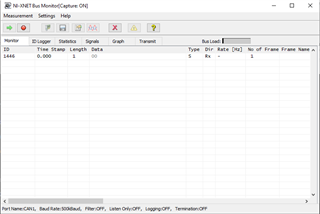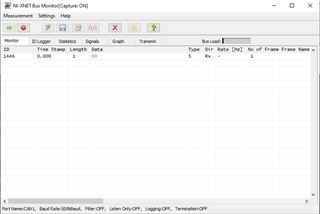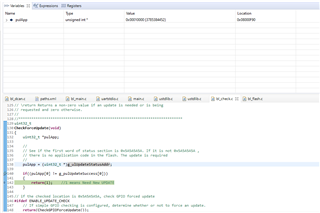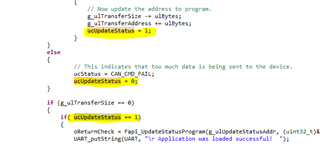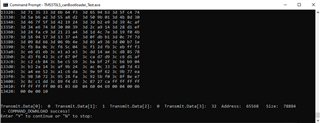I am trying to adapt either the Ethernet or CAN bootloader examples to a custom board with a TMS570LS3137DPGE chip, and not having much luck. I have the projects building in CSS and flashing my board. In both projects I follow the debugger until it is waiting for input, but neither the ethernet nor the CAN are responding to external pings.
-
Ask a related question
What is a related question?A related question is a question created from another question. When the related question is created, it will be automatically linked to the original question.



